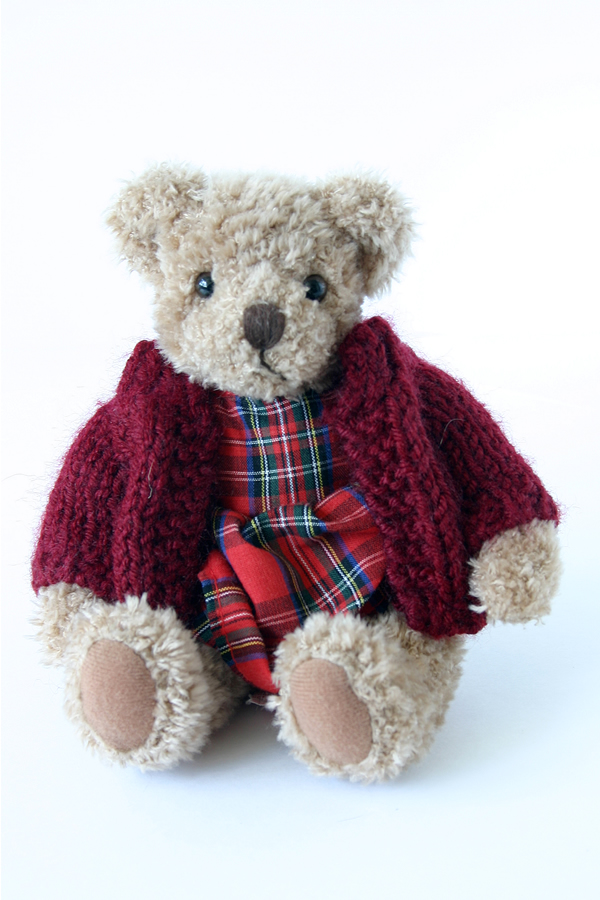Children Thumb Sucking
At his practice in Bath, Tim Langhorn often meets children struggling to deal with ending the habit of thumb-sucking. Sometimes Tim works with teenagers or young adults who have continued to suck their thumb and find it more and more difficult to end this behaviour. By far the people who exhibit the most angst regarding this continued behaviour of thumb-sucking is the parent. Parents ask Tim Langhorn, at what stage should they be discouraging their child from thumb-sucking, as they are concerned for the health and social implications for the future?
Tim recognises that parents of children who suck their thumb have tried and tried to help their child get over this behaviour through various means. A parent will often see hypnotherapy with the behaviour of thumb-sucking as a last resort. That is to be expected, as they would have tried other ways or met with other professionals in the course of doing what’s best for their child. So by the time a parent and their child comes to meet with Tim Langhorn to end the habit of thumb-sucking, that habit is very much deep-rooted into the childs unconscious.
The beginnings of the thumb-sucking habit
Parents want their children to grow up healthy and without behaviours or habits which could jeopardise development or social interaction. When we see babies sucking their thumb it looks cute and comforting. Then as toddlers this behaviour continues and we think maybe it will naturally stop. More often than not it does and well before there is any need to be concerned it may continue.
We know that a foetus can often be seen sucking a thumb while in the womb. Undoubtedly preparation as a natural reflex related to suckling. When a baby is born it will suck on its fingers, the parent’s fingers, clothing or toys. The baby soon learns this can be a pleasing and comfortable sensation.
Thumb sucking in babies is also a natural reflex and can induce sleep. A baby may fall to sleep more easily and if woken, be able to get back to sleep quicker by sucking its thumb. Sucking on the thumb can give the growing infant a feeling of comfort to help them feel secure and happy. In toddlers, it is often used as a coping mechanism when they are separated from the parent or start to feel anxious in situations.
Once a toddler starts growing permanent teeth, which is usually around the age of five years old, and continues to suck their thumb, then this can lead to problems within the mouth. Issue’s with the natural way the mouth grows and develops can occur, problems with teeth alignment, changes to the roof of the mouth. It can also be the beginnings of an ever-increasing habit leading to further dental problems. The majority of children who suck their thumb will lose interest well before this time.
Ways to help a child who suck their thumb
It may well be you have tried to encourage your child to stop their thumb-sucking. These may be some of the various ways you have tried:
- Casually bring into the conversation the thumb-sucking behaviour, to then get your child to believe it was their idea to bring it to an end. Helps to avoid any negative interaction and feeling for you both.
- Aim to identify the situations which may trigger your child sucking their thumb. Is it down to boredom, stress, tiredness etc.
- Use distraction just at the moment they have started to suck their thumb. At the same time swiftly intervene with a play activity to deflect away from the thumb-sucking.
- Encourage your child to realise how much more grown up they are now and how much they have changed. How they have been able to grow out of their infant or toddler ways.
- When your child feels like sucking their thumb help them work out that they could squeeze their thumb instead of sucking it or play a game like ‘hide the thumb’.
- Establish a chart and reward system to help track how well they are doing with the amount of times they don’t suck their thumb.
- Make sure you are prepared before the most obvious times, such as when they take a nap or just before bed. Give them something else to do with their hands, like hold the bed time book or hug a favourite toy with both hands.
- When you have helped your child make that decision to give up thumb-sucking, then come up with a secret signal between the both of you. So, when they slip their thumb into the mouth you can use the secret signal to help them know consciously what they are doing.
Using such approaches means you avoid any nagging, telling off or feelings of shame for your child through the means of positive or fun activities and engagement.
Help for children who suck their thumb
Remember, by the time your child is old enough that thumb-sucking might cause problems in the mouth, they will also be old enough to understand what problems it can cause. However, if you are reading this, then it is likely one of your children is still sucking their thumb and you want to consider other options.
Hypnotherapy, counselling or life coaching can all help a child with behaviour such as thumb-sucking. Tim Langhorn can help you decide the best way forward and agree with you and your child which method is best suited to them.

Children usually give up thumb/finger sucking by the age of four. If the habit continues past the age when their permanent teeth start to erupt, it could potentially affect the roof of their mouth and/or cause crooked teeth to develop.

Email Tim: [email protected]
Find out more about Tim Langhorn by clicking on the image link below:


